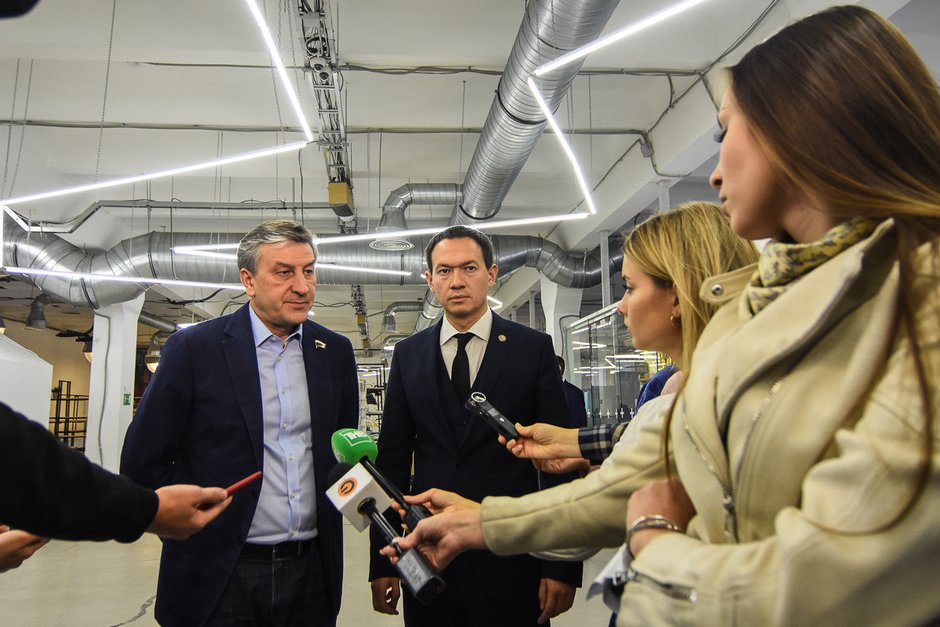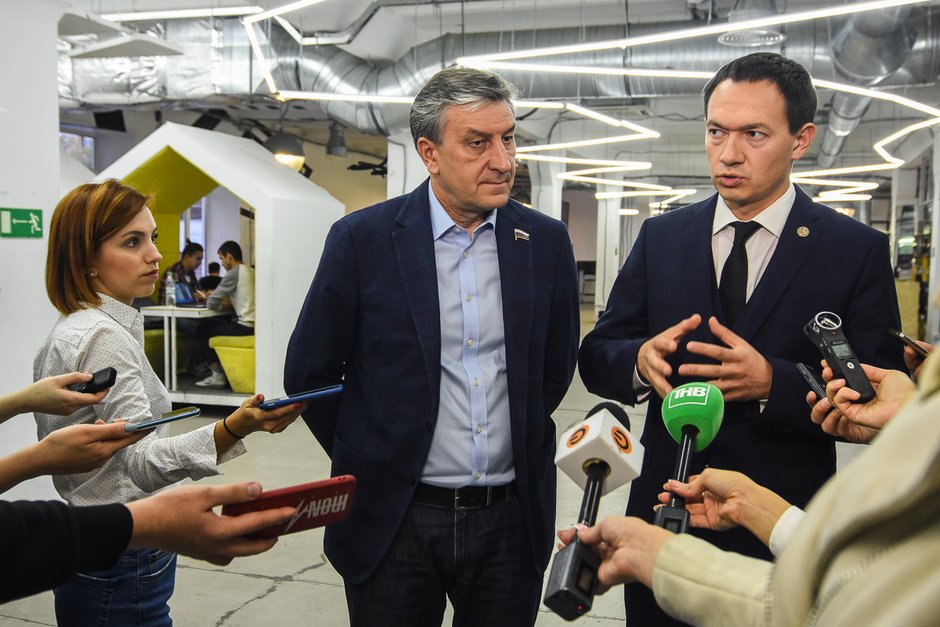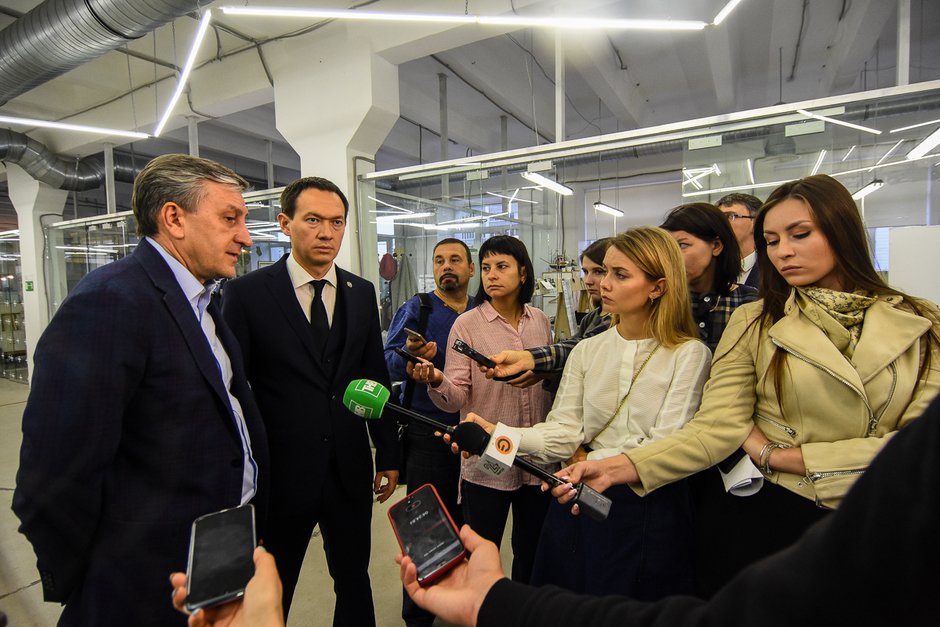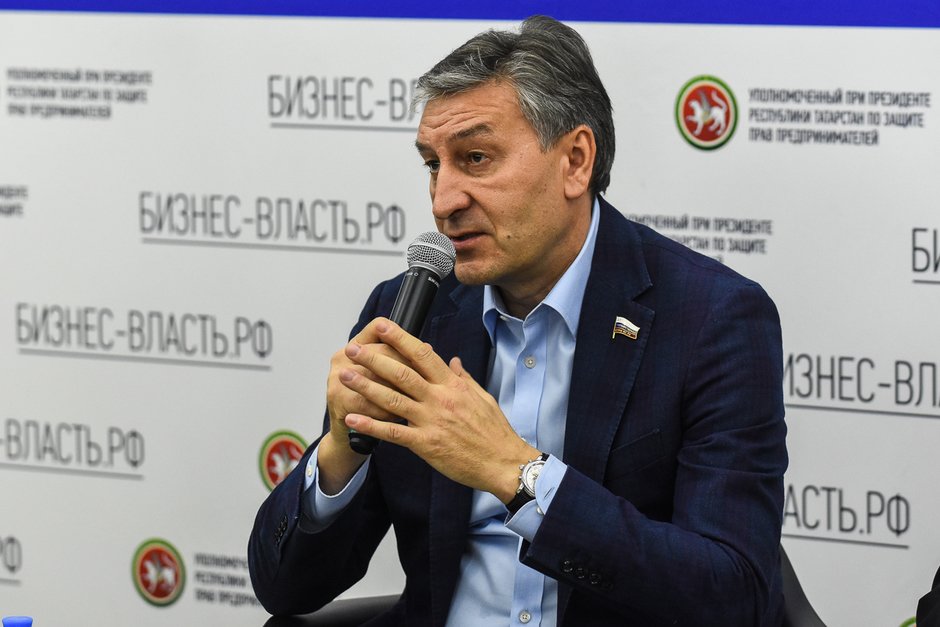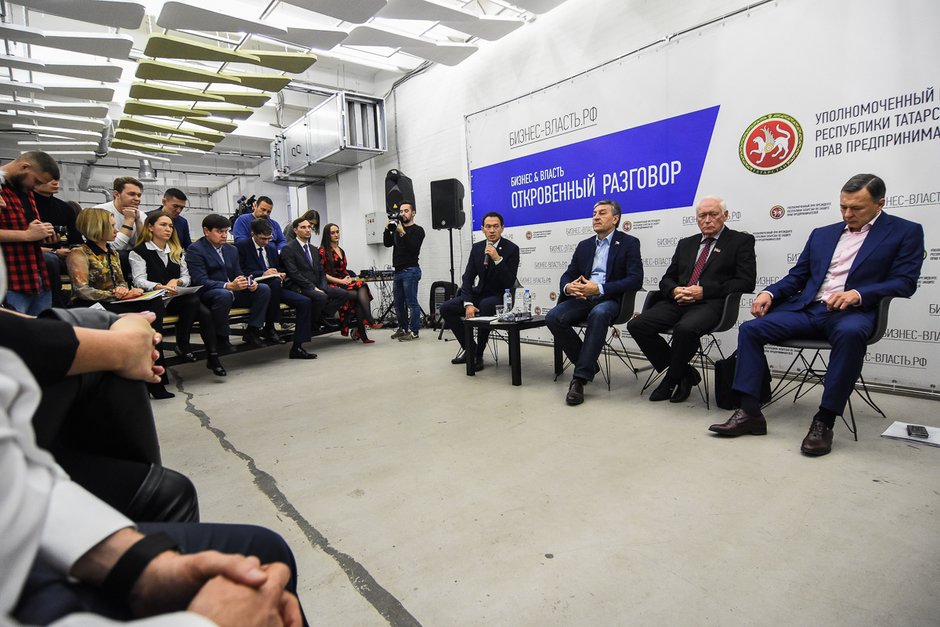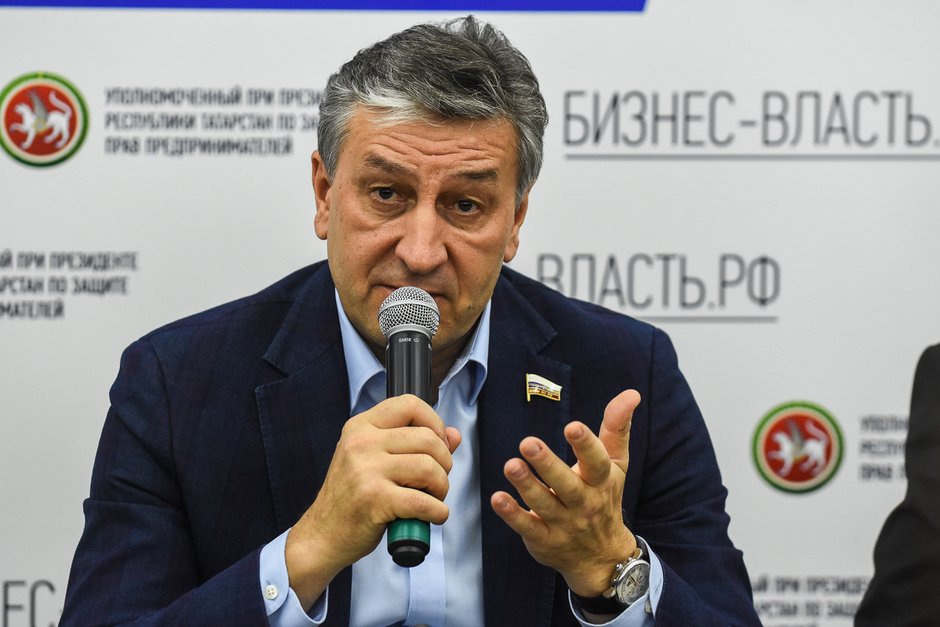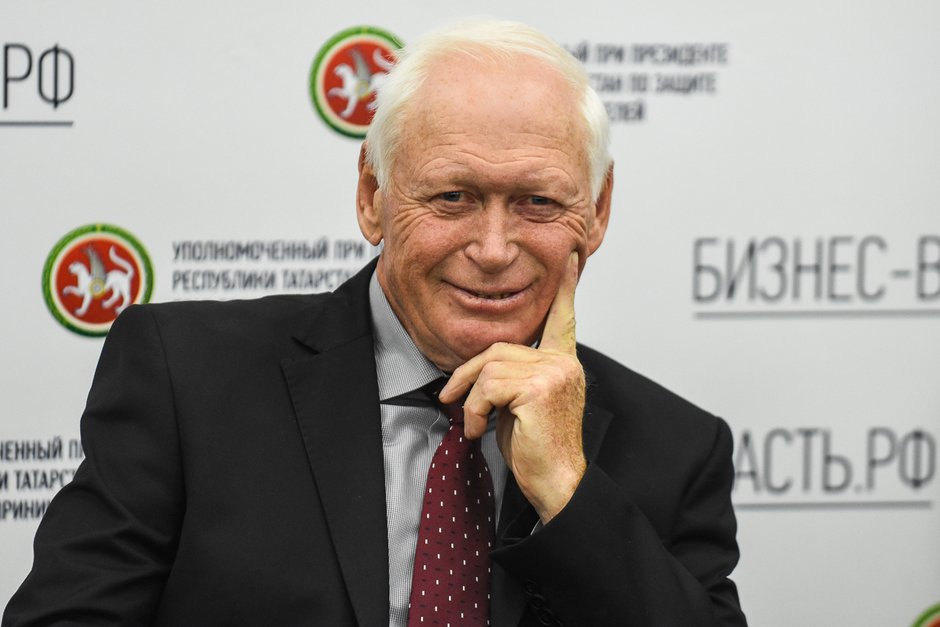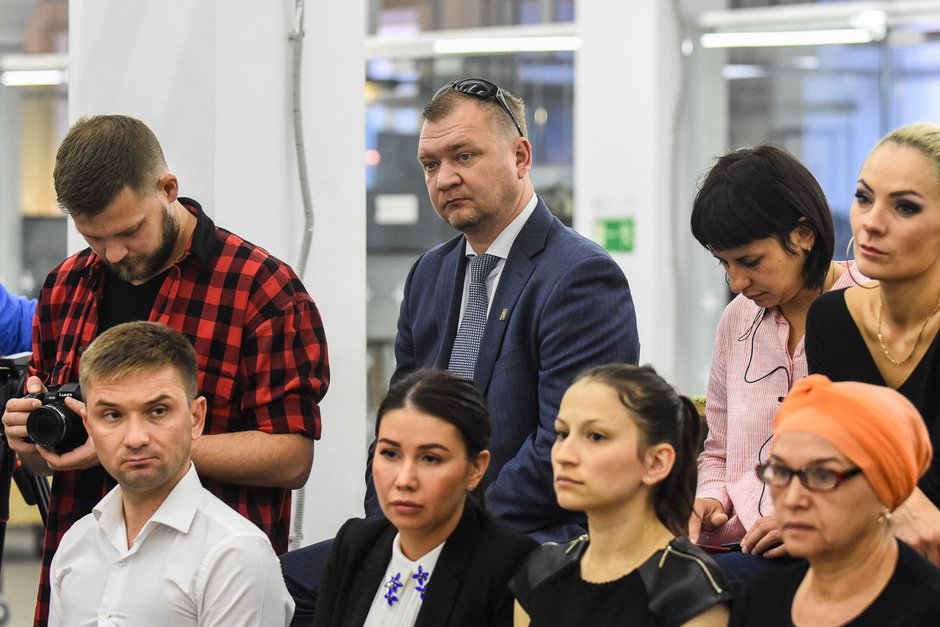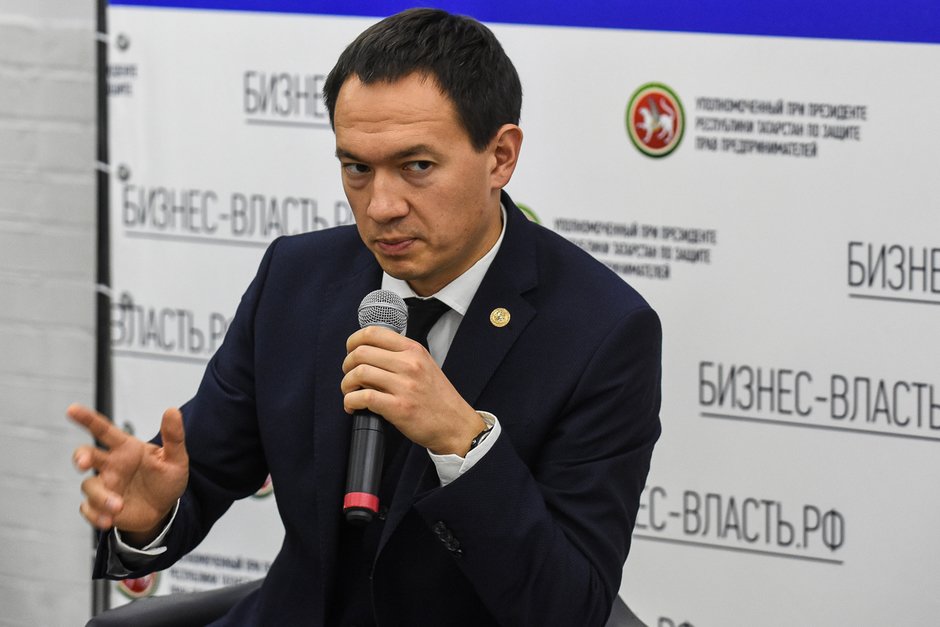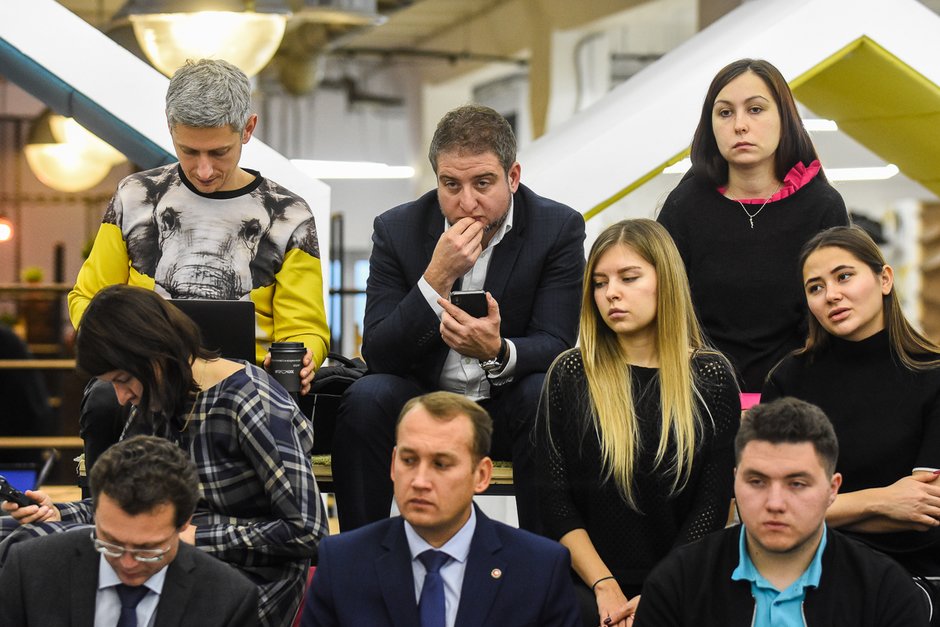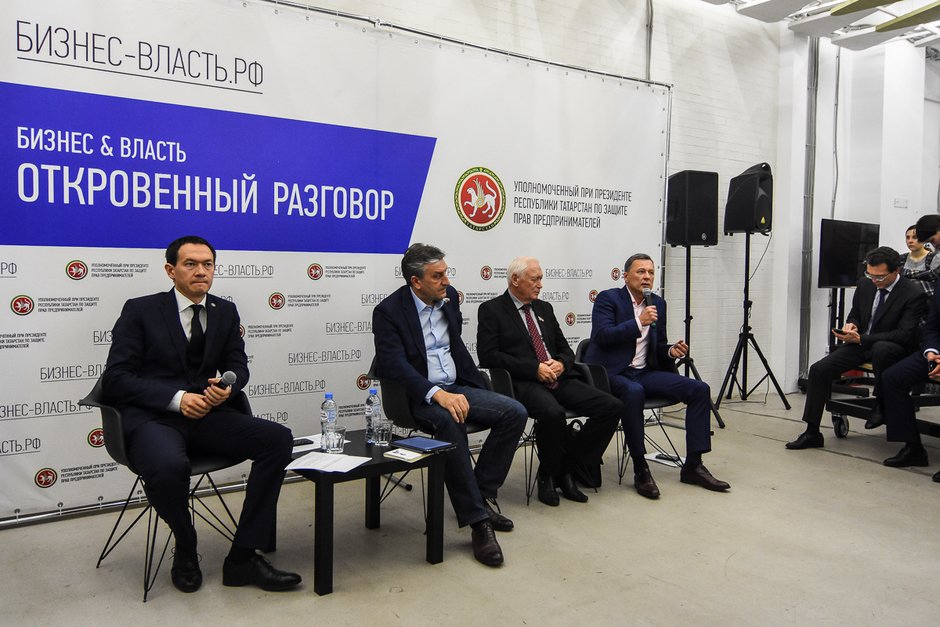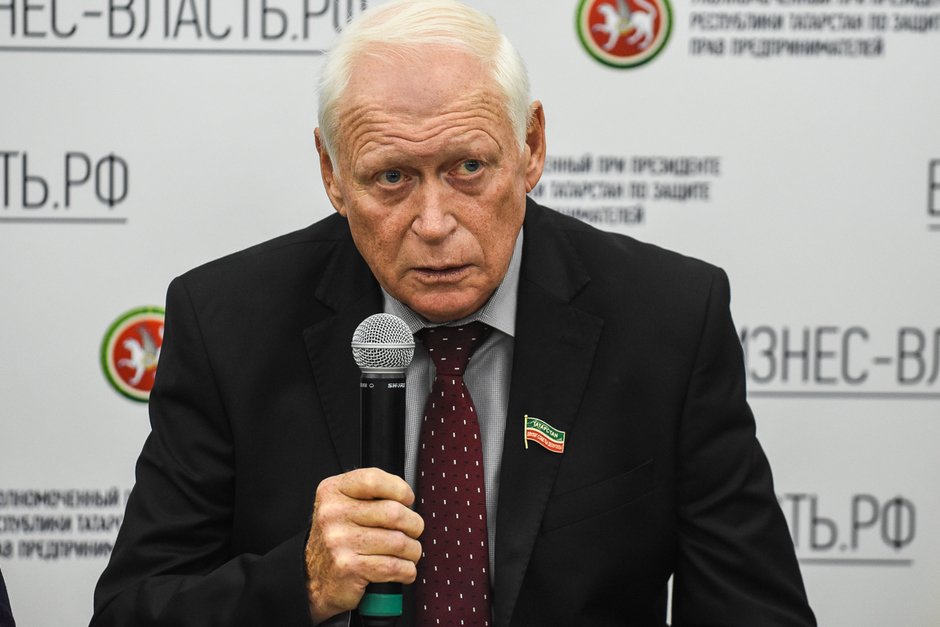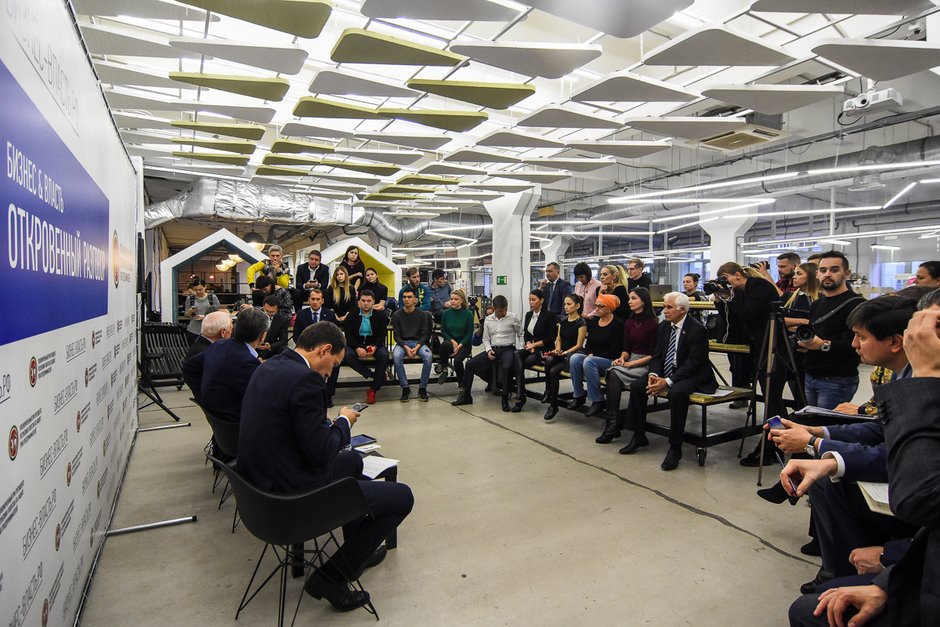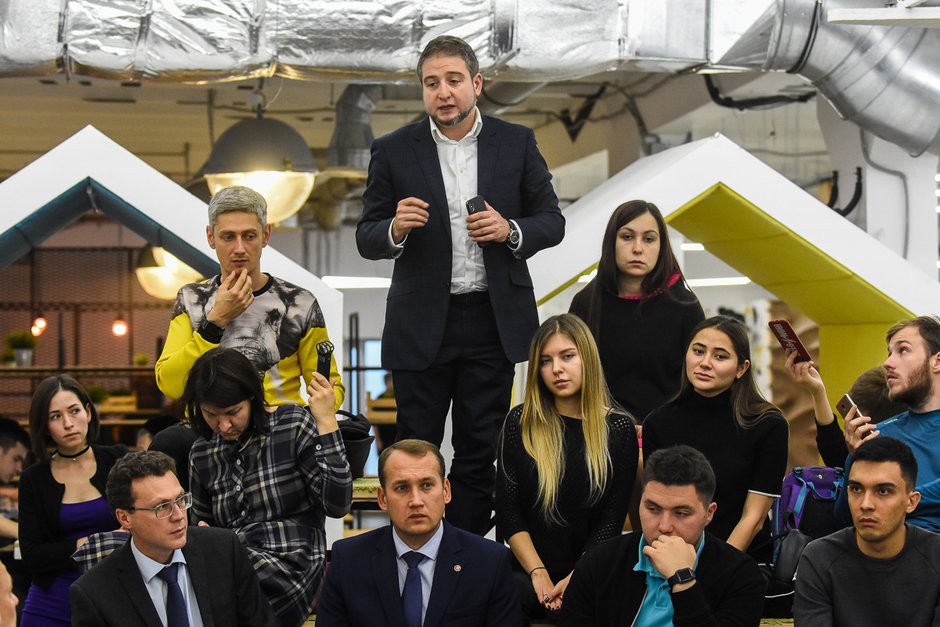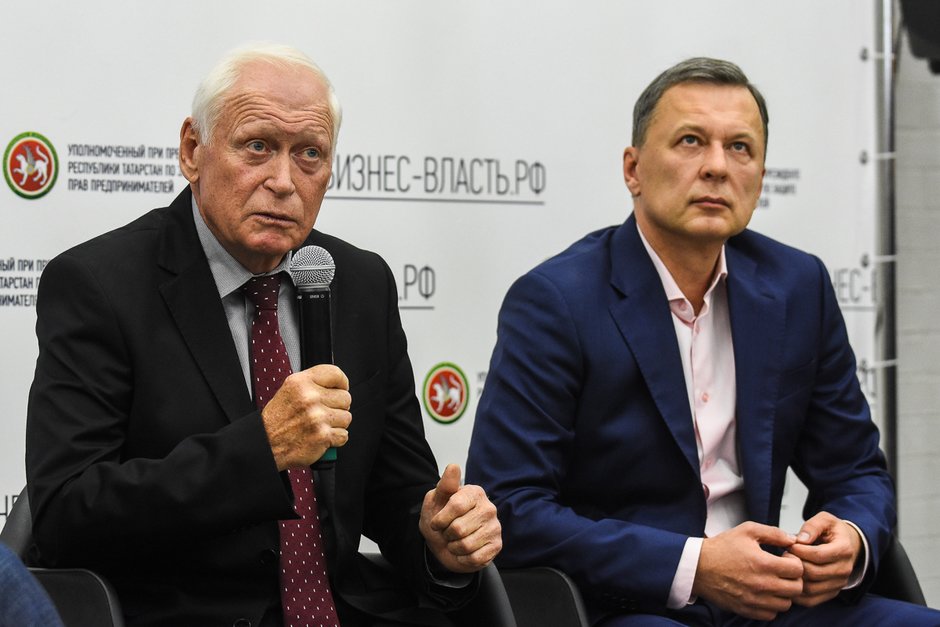''The federal сonsumer protection and welfare service can’t visit a natural person, but it already can visit a self-employed person''
What are the self-employed afraid of? Deputies listened to small businesses and the Administration of the Federal Tax Service
The Entrepreneurship Council has had the first public discussion of a federal law regulating the activity of self-employed people in Kazan. The topic is important, especially in Tatarstan that became a pilot region. It's going to test the law on local small enterprises, this is why they decided to ask entrepreneurs what concerned them most. It turned out when legalising, they become unprotected from controlling bodies, and beauticians at home can be applied the same requirements as if they were beauty saloons. The enterprises' opinions are going to be taken into account, at least deputy Ayrat Farrakhov who will participate in readings in the State Duma wrote all questions down in his notebook. Realnoe Vremya tells the details.
15m self-employed people among 150m residents?
The law on self-employed people is topical, especially in Tatarstan. The republic and another three regions (Moscow, Moscow and Kaluga Oblast) are going to be testing a new tax regime in the next 10 years that is to take small enterprises out of the shadow.
Head of the Administration of the Federal Tax Service in Tatarstan Marat Safiullin estimates that 15-20m people in Russia are self-employed (Editor's Note: we will dare to question this number, as Russia has just about 150m residents, including children, one in 10 people can't be self-employed). It's tutors, babysitters, photographers, translators, beauticians, tailors and ''mummies with cakes'' whom director of Bakhetle Muslima Latypova asked to ''nail'' at the Entrepreneurship Council in the spring. Marat Safiullin specified that the government of Russia had been trying to make self-employed people have a legal status since 2013: there was created a register that didn't mean tax payment, but only 1,500 people became legal this way across Russia.
It seems that authorities decided that the citizens' self-consciousness had grown by 2018 and offered another form. The State Duma is going to adopt the bill on self-employed people until the end of the year, Ayrat Farrakhov will participate in the discussion on behalf of Tatarstan. It's noteworthy that deputies decided to listen to voters before the final adoption. Farrakhov, for instance, wrote remarks expressed at the meeting down in his notebook.
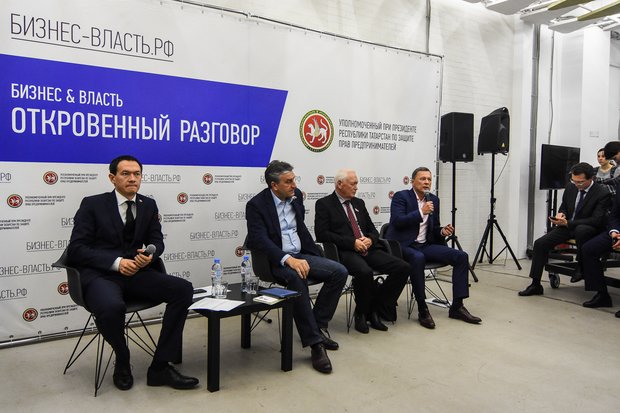
''What is bureaucracy? What do self-employed people consider as bureaucracy?''
Persons who don't have hired employees and don't earn more than 2,4m a year can register as self-employed. In addition, if they service natural persons, the tax will be 4%, if juridical persons – 6%. As encouragement, the tax deduction is supposed during the first two years, and they will have to pay 3% and 4% respectively.
The tax sum does quite fine for self-employed people. But what concerns them? Bureaucracy. This is why they don't register as individual entrepreneurs. ''What is bureaucracy? What do self-employed people consider as bureaucracy?'' Safiullin was indignant. According to him, there is no bureaucracy in cooperation with the tax service. They won't have to go there. All settlements will be reached through My Tax application, which is created now.
''You won't have to do anything but register all transactions to get remuneration in the programme. We will need to process all the information you will give until the 10th, you will need to pay until the 25th,'' Marat Safiullin explained the system briefly.
Ayrat Farrakhov offered to tie it to the bank card. All settlements will automatically go to the tax service, while a person is completely free of any body movements.
''The bank has the right to give information to tax bodies. Tax bodies deduct money automatically, that's to say, a credit institution the self-employed person chose does all the job.''
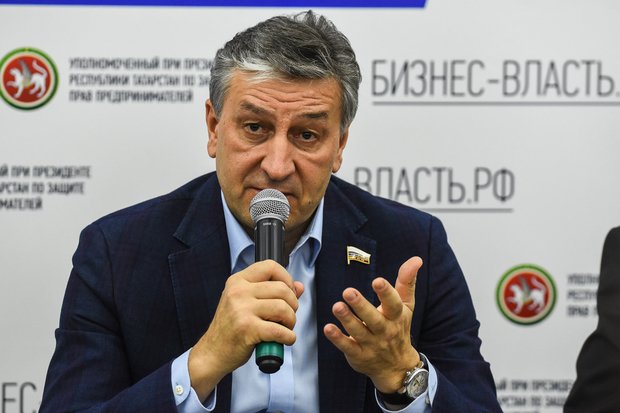
Won't the tax on the self-employed suit 'mummies with cakes'?
This, of course, is comfortable, the entrepreneurs opposed, except one but.
''Money is sent hither and thither, will transactions be automatically considered as income? Should the tax be deducted for services, not money transaction?''
It turned out income can be regulated manually. Conscience, not the tax service, controls what isn't income.
A girl named Aygul who had a manual job said she didn't like that taxes would be paid depending on transactions, not income.
''I spend a lot on materials, 100 rubles for a good, of which 50 are spent on materials. Will I pay the tax from 100 rubles? Is it possible to deduct costs?'' she asked.
Ayrat Farrakhov said ''No''. The tax on self-employed people means a minimum report, which is impossible if all costs are deducted. For such people as Aygul, the state offers another taxation regime – ''incomes minus costs''. It turns out that taxes on self-employed people don't suit the ''mummies with cakes'' whose costs on food also account for a considerable part of the price tag.
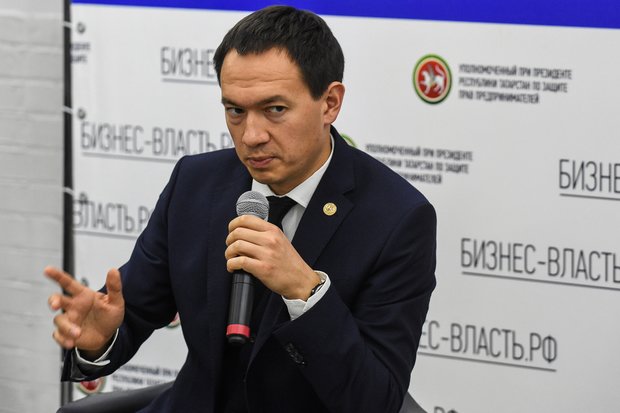
''The federal сonsumer protection and welfare service can't visit a natural person, but it can already visit a self-employed person''
Inspections are another phobia of self-employed people. Won't the Federal Service for the Oversight of Consumer Protection and Welfare, the State Fire Control Service, Federal Service for Supervision in Education and Science want to acquaint with them after they become legal?
''Paying taxes, you become legal, and the Federal Service for the Oversight of Consumer Protection and Welfare sees you. But they can visit you now too if you poison a purchaser with your product. If you have everything in order, they won't visit you,'' Safiullin tried to calm down.
But as the entrepreneurs assure, as they work at home, they can't have an inspection visit – nobody has cancelled the inviolability of the home. But it's quite possible after becoming legal.
''The federal сonsumer protection and welfare service can't visit a natural person, but it can already visit a self-employed person. In this situation, the self-employed person is unprotected at the moment,'' Business Ombudsman Timur Nagumanov agreed.
''Let's write another paragraph – to free from inspections during a year,'' Leonid Yakunin, chairman of the State Council's Committee on Tax, Budget and Finance, offered.
Safiullin has another point of view in this respect. ''Let's imagine a self-employed person is a locksmith. The whole block of flats was flooded after radiator repair. Who will pay? There isn't an answer to this question, and it's up in the air,'' Safiullin said.
''I don't know,'' Farrakhov also answered to the question about inspections.
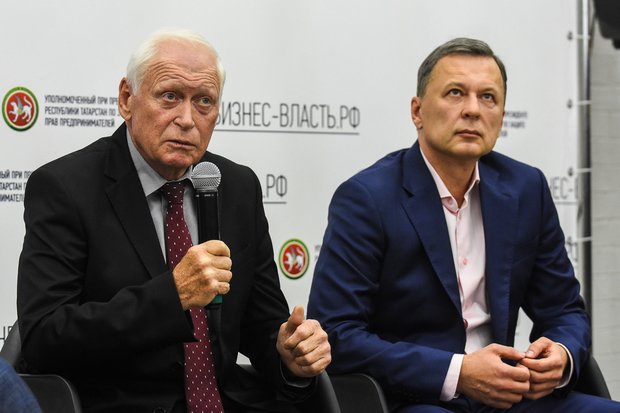
''Budget replenishment isn't the goal of this question''
Tills are another important topic. The bill doesn't suppose their use. Entrepreneurs support it, but consumers of their services can disagree with it.
''Why do they need a bill? I will have a tax deduction. I planned to make these amendments to the bill. My children study, use medical services. And we can get taxes for this. For instance, a tutor in Moscow earns 3,500 rubles per hour. The sum is considerable,'' Ayrat Farrakhov said.
Another question that will have to be solved during the readings in the State Duma is where the tax will go: to the treasury of the region's the self-employed person is registered in or the region he is living and working in fact. ''For example, I live in Moscow but my registration is in Vysokaya Gora District. It isn't explained where these 4% will go,'' Ayrat Farrakhov says.
''Any bill that's raised is polished here too. As this experiment takes 10 years, that remains to be seen,'' Leonid Yakunon advised both authorities and businesspeople not to worry.
The bill doesn't become compulsory even when it's adopted. The self-employed person decides to become legal or not. According to Ayrat Farrakhov, the law doesn't want to replenish the budget.
''Budget replenishment isn't the goal of this question. It's small allocations that will go to a region's budgets. Another thing is that nowadays it's the problem of the economy, business activity in the country and these people's problem. They can't take out a loan, they can't take out a mortgage, they can't have pension rights,'' said Farrakhov in answer to Realnoe Vremya's question about how much the state treasury could receive after introducing the law on self-employed people.
The newspaper's interlocutor says the law on self-employed people is rather a transition to a new, softer tax regime.
